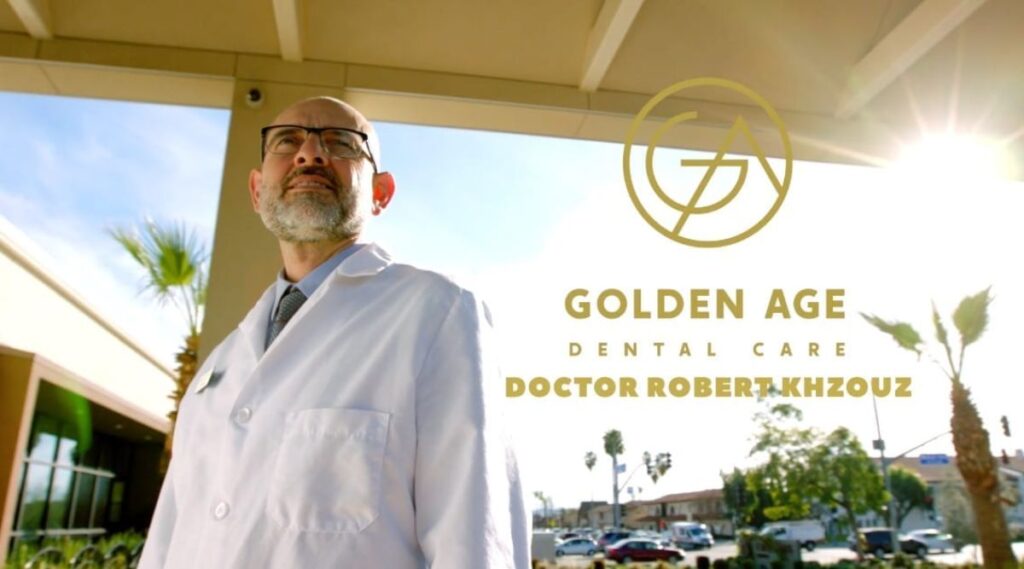The Growing Popularity Of Mobile Dental Clinics

In recent years, a new trend has been sweeping the dental care industry, especially in rural and underserved urban areas across the United States. “Dentists on Wheels,” or California mobile dental clinics, are gaining traction as a convenient, affordable, and effective approach to oral health care. These traveling dental offices, equipped with state-of-the-art technology and skilled professionals, are bringing dental services directly to the doorsteps of those who need them most.
Bridging the Dental Care Gap
Despite advances in dental care, access to quality dental services remains a significant challenge for many Americans. According to the Centers for Disease Control and Prevention (CDC), over one-third of the U.S. population lives in areas with dental care shortages. The traditional brick-and-mortar clinics are often out of reach for those living in remote locations or struggling with mobility issues.
Enter mobile dental clinics, self-contained units housed in specially designed vans or buses. These clinics have everything needed for a standard dental office, including examination chairs, x-ray machines, sterilization units, and even reception areas.
Increasing Accessibility
The main allure of mobile dental clinics is their ability to bring dental care directly to communities. They often visit schools, community centers, senior living facilities, and underserved neighborhoods. These traveling dental clinics are particularly vital for children, the elderly, and low-income individuals who might otherwise struggle to access dental care.
For children, mobile dental clinics often partner with schools to provide regular check-ups, cleanings, and education on oral hygiene. In senior living communities, they offer the convenience of on-site care, eliminating the need for transportation to traditional dental offices.
Quality Care on the Move
Skeptics may wonder about the quality of care provided in a mobile setting, but these clinics often rival their stationary counterparts in both technology and expertise. Mobile dental clinics are staffed by licensed dentists, hygienists, and dental assistants who adhere to the same regulations and standards as traditional dental offices.
Patients can expect a full range of services, from preventative care like cleanings and x-rays to more complex procedures such as fillings and extractions. Some mobile clinics even offer orthodontic and cosmetic treatments.
Economic Benefits
Mobile dental clinics not only save patients time and travel expenses but also create cost-efficient solutions for providers. By operating in a mobile unit, dentists can reduce overhead costs like rent and utilities, which often translates to more affordable services for patients. This cost-effective model can also attract more dental professionals to work in underserved areas, further bridging the gap in dental care access.
Challenges and the Road Ahead
While the popularity of mobile dental clinics continues to grow, challenges still exist. Licensing, regulations, and local ordinances may vary from state to state, creating administrative hurdles. Maintaining consistent patient records and follow-up care can also be more complex in a mobile setting.
However, the potential benefits far outweigh these challenges. California mobile dental clinic offer a promising solution to the persistent problem of dental care accessibility, and their continued growth and innovation could revolutionize the way Americans approach oral health care.
In conclusion, “Dentists on Wheels” represent more than a trend; they symbolize a shift towards a more inclusive and adaptable dental care system. By breaking down barriers and bringing quality dental care directly to those who need it, mobile dental clinics are not just a convenience but a necessity, especially for underserved communities across the United States. Their growing popularity is a testament to their success in fulfilling a critical need, and their impact is likely to be felt for years to come.







